How Much Does A Parrot Cost? Understanding the true cost of parrot ownership involves considering various factors, from the initial purchase price to ongoing care expenses. At HOW.EDU.VN, we connect you with experienced avian experts who can provide personalized advice on responsible parrot ownership, ensuring the well-being of your feathered friend. Discover the financial commitment and emotional investment required for providing optimal parrot care and companionship.
1. Initial Parrot Cost: Species and Acquisition
The initial cost of a parrot varies significantly based on species, age, and source. Smaller parrots like budgies and cockatiels can range from $25 to $200, while larger, more exotic species like macaws and cockatoos can cost thousands of dollars. Where you acquire the parrot also influences the price.
1.1. Parrot Species and Price Range
Here’s a table outlining the approximate initial cost of different parrot species:
| Species | Average Price Range |
|---|---|
| Budgies | $25 – $75 |
| Cockatiels | $100 – $250 |
| Lovebirds | $75 – $200 |
| Conures | $200 – $800 |
| African Greys | $1,000 – $4,000 |
| Amazons | $500 – $3,000 |
| Macaws | $1,000 – $10,000+ |
| Cockatoos | $800 – $8,000+ |
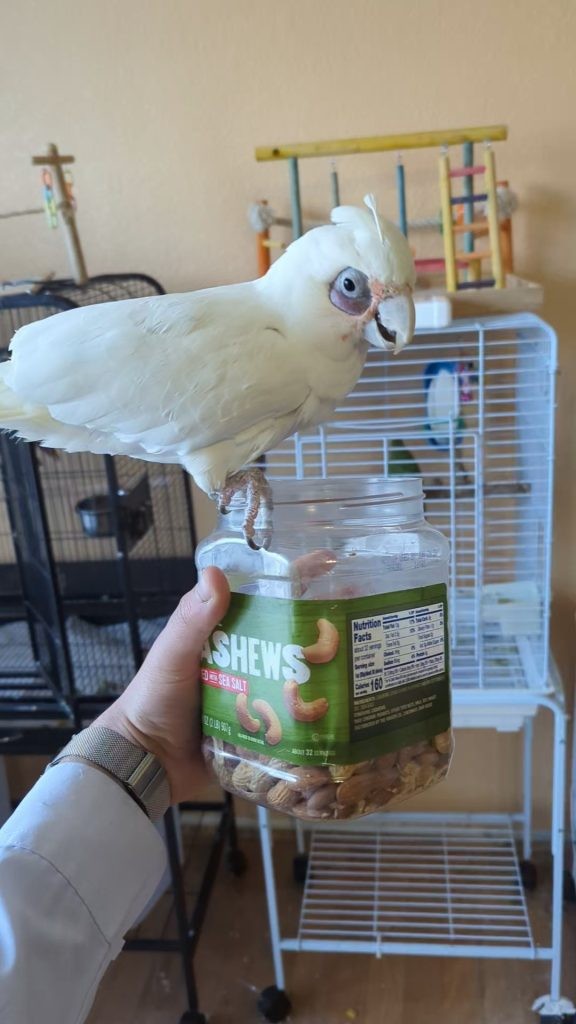
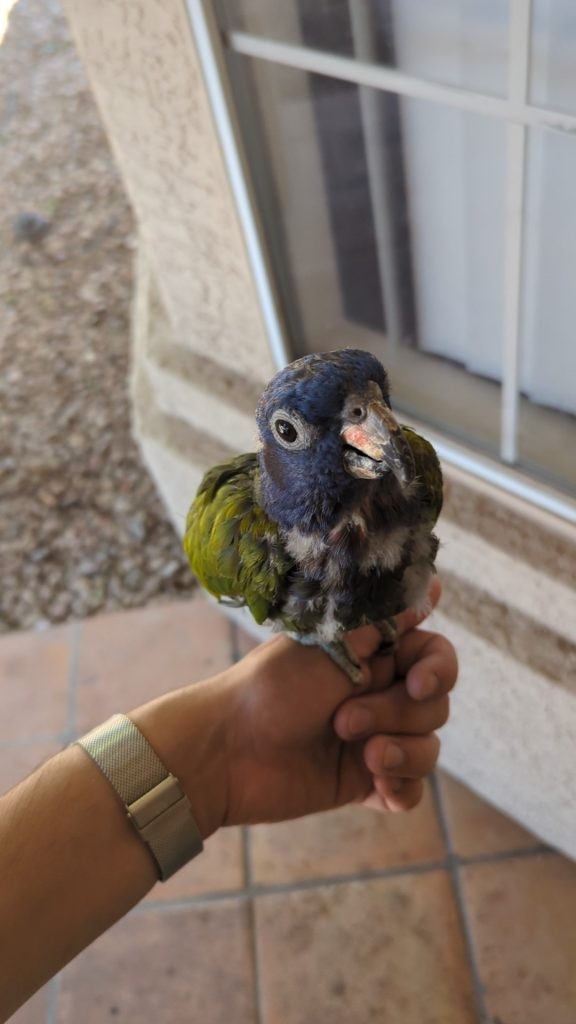
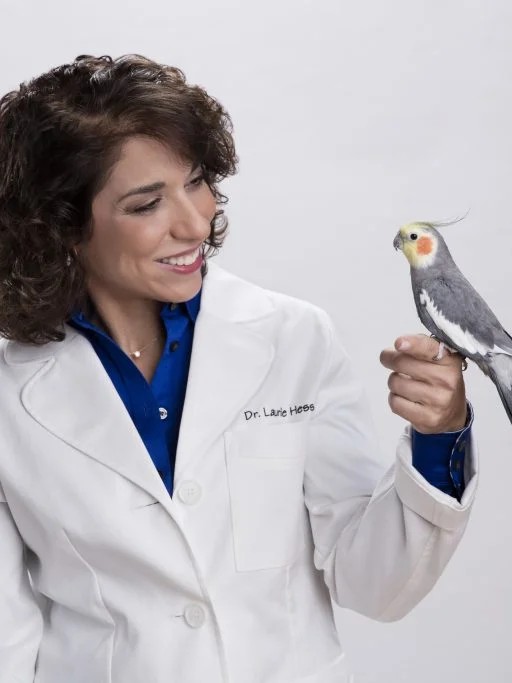
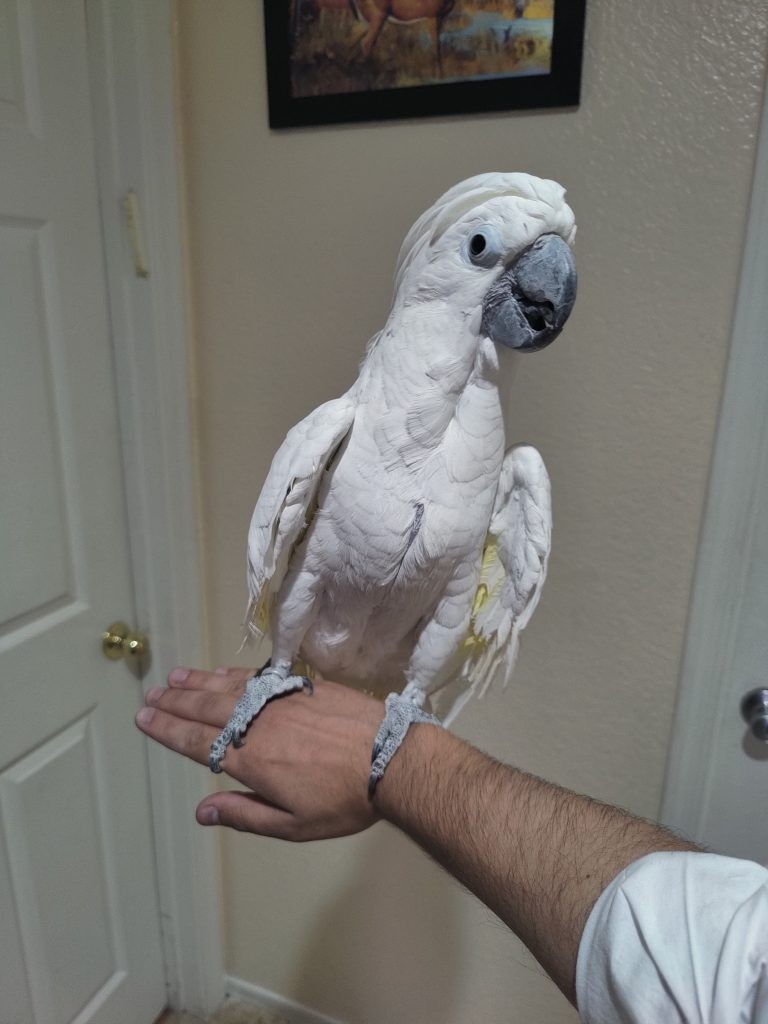
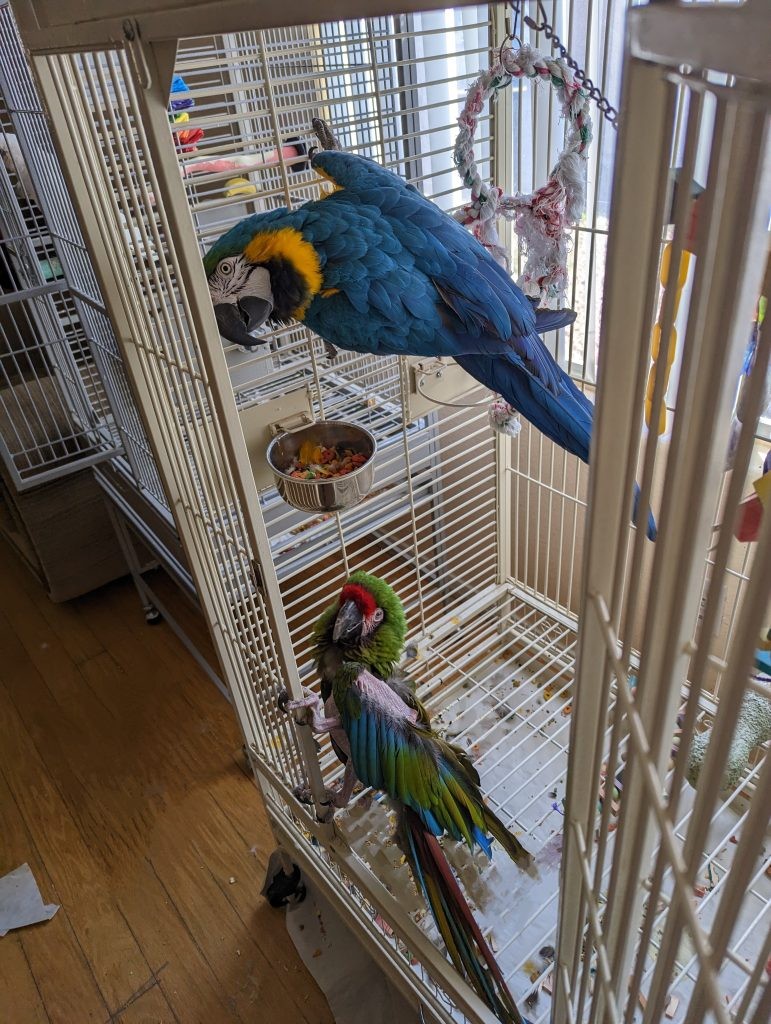
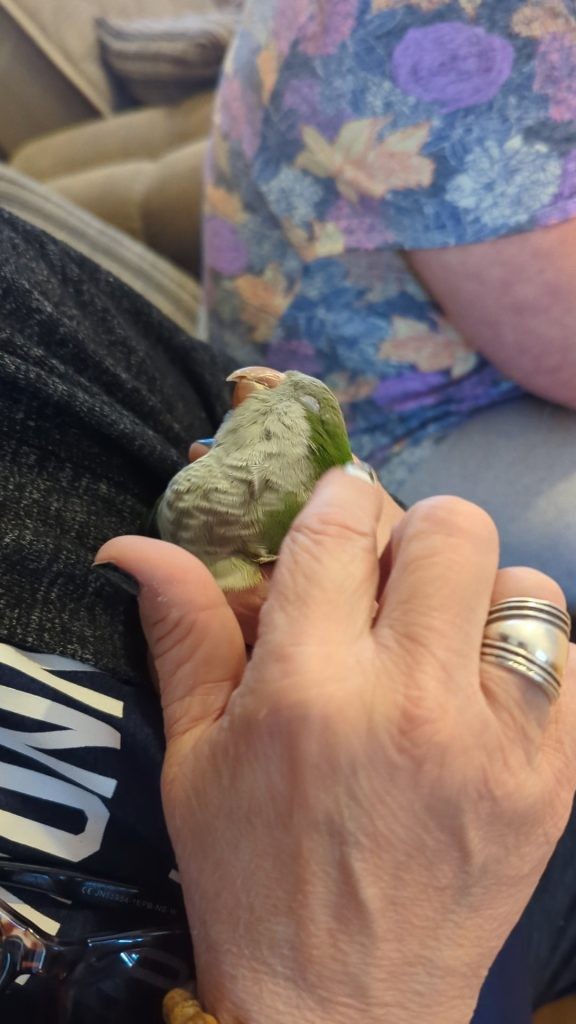
1.2. Breeders vs. Pet Stores vs. Adoption
- Breeders: Reputable breeders often charge higher prices, but they provide well-socialized, healthy birds. You can expect to pay a premium for parrots from breeders who prioritize ethical breeding practices.
- Pet Stores: Pet stores may offer lower prices, but the quality of care and socialization might be questionable. Parrots in pet stores may have unknown health histories.
- Adoption: Adopting a parrot from a rescue organization is often the most affordable option. Adoption fees typically range from $50 to $500, and you’re providing a home for a bird in need. Organizations like Valleywide Parrot Rescue rehabilitate parrots, finding new, loving, and caring homes.
2. Housing and Cage Expenses for Parrots
A suitable cage is an essential investment for your parrot’s well-being. The size, material, and features of the cage impact both its cost and your bird’s quality of life.
2.1. Cage Size and Material
- Size: The cage should be large enough for the parrot to fully extend its wings and move around comfortably. Larger species require significantly larger cages.
- Material: Opt for a cage made from durable, non-toxic materials such as powder-coated steel. Avoid cages with lead or zinc, as these can be harmful to parrots.
2.2. Essential Cage Accessories
- Perches: Provide a variety of perches of different sizes and textures to promote foot health. Natural wood perches are ideal.
- Food and Water Bowls: Choose stainless steel or ceramic bowls that are easy to clean and sanitize.
- Toys: Parrots need mental stimulation. Rotate a variety of toys, including chew toys, puzzle toys, and foraging toys.
- Cage Cover: A cage cover helps provide a sense of security and promotes restful sleep.
2.3. Cost Breakdown for Housing
| Item | Initial Cost | Recurring Cost |
|---|---|---|
| Cage | $100 – $1,000+ | N/A |
| Perches | $20 – $50 | $10 – $30/month |
| Food/Water Bowls | $10 – $30 | N/A |
| Toys | $50 – $200 | $30 – $50/month |
| Cage Cover | $30 – $70 | N/A |
3. Parrot Diet and Nutritional Requirements: Costs and Considerations
A balanced diet is crucial for a parrot’s health and longevity. Understanding the cost and components of a proper parrot diet is essential.
3.1. Core Components of a Parrot Diet
- Pellets: High-quality formulated pellets should make up 60-70% of the diet. Choose a brand that is specifically designed for your parrot’s species.
- Fresh Fruits and Vegetables: Offer a variety of fresh fruits and vegetables daily. Opt for organic options whenever possible to minimize pesticide exposure.
- Seeds and Nuts: Seeds and nuts should be offered in moderation as treats, as they are high in fat.
- Supplements: Consult with an avian veterinarian to determine if your parrot needs any supplements.
3.2. Toxic Foods to Avoid
Certain foods are toxic to parrots and should be strictly avoided. These include:
- Avocado
- Chocolate
- Onion and Garlic
- Caffeine
- Alcohol
3.3. Cost of Parrot Food
The cost of parrot food varies depending on the size and species of your bird. On average, you can expect to spend:
- Small Parrots (Budgies, Cockatiels): $20 – $40 per month
- Medium Parrots (Conures, African Greys): $40 – $80 per month
- Large Parrots (Macaws, Cockatoos): $80 – $150+ per month
4. Veterinary Care Costs for Parrots
Regular veterinary care is essential for maintaining your parrot’s health and detecting potential problems early.
4.1. Routine Checkups and Vaccinations
- Annual Checkups: An annual checkup with an avian veterinarian is crucial. This includes a physical examination, fecal exam, and blood work.
- Vaccinations: Some parrots may require vaccinations depending on their species and risk of exposure to certain diseases.
- Quarantine: New parrots should be quarantined for 30-60 days to monitor for any signs of illness.
4.2. Common Parrot Illnesses and Treatment Costs
Parrots are susceptible to a variety of illnesses, including:
- Psittacosis (Parrot Fever): A bacterial infection that can cause respiratory and systemic illness. Treatment involves antibiotics.
- Proventricular Dilatation Disease (PDD): A viral disease that affects the digestive system. There is no cure for PDD, but supportive care can help manage the symptoms.
- Feather Plucking: A behavioral problem that can be caused by stress, boredom, or underlying medical conditions. Treatment involves addressing the underlying cause and providing enrichment.
4.3. Emergency Vet Care Considerations
Emergency vet care can be expensive, so it’s essential to be prepared. Consider pet insurance or setting aside an emergency fund.
4.4. Cost of Veterinary Care
| Service | Average Cost |
|---|---|
| Annual Checkup | $100 – $200 |
| Blood Work | $50 – $150 |
| Fecal Exam | $20 – $50 |
| Emergency Visit | $100 – $300+ |
| Psittacosis Treatment | $200 – $500+ |
5. Grooming and Hygiene Expenses for Parrots
Proper grooming is essential for maintaining your parrot’s health and appearance.
5.1. Nail Trimming
Parrots’ nails need to be trimmed regularly to prevent overgrowth and injury. You can have this done by an avian veterinarian or learn to do it yourself.
5.2. Feather Care
Regular bathing or misting helps keep feathers clean and healthy. Avoid using soap or shampoo unless specifically recommended by a veterinarian.
5.3. Beak Maintenance
Parrots naturally maintain their beaks by chewing on toys and perches. If the beak becomes overgrown, it may need to be trimmed by a veterinarian.
5.4. Cost of Grooming Supplies
| Item | Average Cost |
|---|---|
| Nail Clippers | $10 – $20 |
| Bird Bath | $20 – $40 |
| Grooming Services (Professional) | $20 – $50 per visit |
6. Time and Attention: The Non-Monetary Costs of Parrot Ownership
Parrots require a significant investment of time and attention. Neglecting their social and emotional needs can lead to behavioral problems and health issues.
6.1. Social Interaction
Parrots are highly social creatures and need several hours of interaction each day. This can include talking, playing, and training.
6.2. Mental Stimulation
Provide a variety of toys and activities to keep your parrot mentally stimulated. Rotate toys regularly to prevent boredom.
6.3. Training and Enrichment
Training can help strengthen the bond between you and your parrot and provide mental stimulation. Enrichment activities, such as foraging for food, can also help keep your parrot engaged.
6.4. Behavioral Issues Due to Neglect
Parrots who don’t receive enough attention or mental stimulation may develop behavioral problems such as feather plucking, screaming, and biting.
7. The Emotional Investment in Parrot Companionship
Owning a parrot is a deeply rewarding experience, but it also requires a significant emotional investment.
7.1. Building a Bond with Your Parrot
Parrots are intelligent and emotionally complex creatures. Building a strong bond with your parrot takes time, patience, and understanding.
7.2. Dealing with Parrot Behavior Challenges
Parrots can be challenging pets. They can be noisy, messy, and demanding. Be prepared to deal with behavioral issues and seek professional help when needed.
7.3. Long-Term Commitment
Parrots can live for many years, so be prepared for a long-term commitment. Some species, like macaws and cockatoos, can live for 50-80 years or more.
8. Adoption vs. Purchasing: Ethical and Financial Considerations
Adopting a parrot is often a more ethical and affordable option than purchasing one from a breeder or pet store.
8.1. Benefits of Adoption
- Saving a Life: You’re providing a loving home for a bird in need.
- Lower Cost: Adoption fees are typically lower than purchasing prices.
- Supporting Rescue Organizations: You’re helping to support organizations that rescue and rehabilitate parrots.
8.2. Finding a Reputable Rescue Organization
Look for a rescue organization that:
- Provides thorough veterinary care for its birds.
- Screens potential adopters carefully.
- Offers post-adoption support.
8.3. Questions to Ask Before Adopting
- What is the bird’s history?
- What is the bird’s personality like?
- What are the bird’s specific needs?
9. The Lifelong Responsibility of Parrot Ownership
Parrot ownership is a lifelong responsibility. Be prepared to provide your parrot with the care and attention it needs for its entire life.
9.1. Estate Planning for Your Parrot
Consider including your parrot in your estate plan to ensure that it will be cared for if you are no longer able to do so.
9.2. Finding a Caretaker in Case of Emergency
Identify a trusted friend or family member who can care for your parrot in case of an emergency.
9.3. Preparing for End-of-Life Care
As your parrot ages, it may require specialized care. Be prepared to provide palliative care and make end-of-life decisions.
10. Financial Planning for the Total Cost of Parrot Ownership
Planning for the financial aspects of parrot ownership is crucial to ensure that you can provide your bird with the best possible care.
10.1. Creating a Parrot Budget
Create a budget that includes all of the costs associated with parrot ownership, including food, housing, vet care, and toys.
10.2. Emergency Fund for Unexpected Expenses
Set aside an emergency fund to cover unexpected veterinary expenses or other unforeseen costs.
10.3. Pet Insurance Options
Consider pet insurance to help cover the cost of veterinary care.
10.4. Cost-Saving Tips for Parrot Owners
- Buy food and supplies in bulk.
- Make your own toys.
- Provide preventative care to minimize vet bills.
11. Connecting with Parrot Experts for Personalized Advice at HOW.EDU.VN
Navigating the complexities of parrot ownership can be overwhelming. HOW.EDU.VN offers a unique platform to connect with seasoned avian experts who can provide personalized guidance and support.
11.1. Access to a Network of Avian Professionals
HOW.EDU.VN boasts a diverse network of avian veterinarians, behaviorists, and experienced parrot owners. This allows you to tap into a wealth of knowledge and expertise.
11.2. Tailored Consultations for Your Specific Needs
Whether you’re a first-time parrot owner or seeking solutions for specific behavioral challenges, our experts offer tailored consultations to address your unique needs.
11.3. Expert Insights on Parrot Care, Training, and Health
Gain access to valuable insights on all aspects of parrot care, including nutrition, enrichment, training techniques, and health management.
11.4. Addressing Common Parrot Ownership Concerns
Our experts can help you navigate common challenges such as:
- Behavioral issues (screaming, biting, feather plucking)
- Nutritional deficiencies
- Cage setup and environmental enrichment
- Introducing new parrots to the household
12. Understanding the Legal and Ethical Considerations of Parrot Ownership
Before acquiring a parrot, it’s crucial to understand the legal and ethical implications of owning these intelligent and sensitive creatures.
12.1. Local and Federal Regulations
Research local and federal regulations regarding parrot ownership, including permits, restrictions on certain species, and guidelines for responsible care.
12.2. The Importance of Ethical Sourcing
Support ethical breeding practices and avoid purchasing parrots from sources that contribute to the illegal wildlife trade or prioritize profit over animal welfare.
12.3. Conservation Efforts and Parrot Welfare
Educate yourself about parrot conservation efforts and support organizations dedicated to protecting these birds in the wild and in captivity.
13. Alternatives to Parrot Ownership: Exploring Other Companion Animals
If the responsibilities and costs of parrot ownership seem overwhelming, consider exploring other companion animals that may be a better fit for your lifestyle.
13.1. Birds with Lower Maintenance Requirements
Consider smaller bird species like finches or canaries, which require less space, attention, and specialized care than parrots.
13.2. Other Pet Options
Explore other pet options such as cats, dogs, rabbits, or guinea pigs, each with its own unique set of needs and responsibilities.
14. Creating a Parrot-Friendly Home Environment
Your home environment plays a crucial role in your parrot’s physical and emotional well-being.
14.1. Ensuring Safety and Security
- Toxic Substances: Keep all toxic substances, such as cleaning supplies and pesticides, out of reach.
- Electrical Hazards: Protect electrical cords and outlets to prevent electrocution.
- Escape Prevention: Ensure that windows and doors are securely closed to prevent escapes.
14.2. Optimizing Air Quality and Ventilation
- Avoid Smoke and Fumes: Parrots are highly sensitive to airborne pollutants, so avoid smoking or using aerosol sprays near them.
- Good Ventilation: Ensure good ventilation to prevent the buildup of harmful gases.
- Air Purifiers: Consider using an air purifier to improve air quality.
14.3. Providing Natural Light and Temperature Control
- Natural Light: Provide access to natural sunlight, but avoid direct exposure during the hottest part of the day.
- Temperature Control: Maintain a comfortable temperature range for your parrot, avoiding extreme heat or cold.
15. Addressing Common Misconceptions About Parrot Ownership
Many misconceptions surround parrot ownership, leading to unrealistic expectations and potential neglect.
15.1. Parrots as “Starter Pets”
Parrots are not low-maintenance “starter pets.” They require significant time, attention, and specialized care.
15.2. The Myth of “Talking Parrots”
Not all parrots talk, and even those that do require consistent training and interaction. Talking ability should not be the sole reason for acquiring a parrot.
15.3. The Importance of Socialization and Training
Socialization and training are crucial for preventing behavioral problems and building a strong bond with your parrot.
16. The Role of Enrichment in Preventing Parrot Boredom and Destructive Behaviors
Enrichment is essential for preventing boredom and destructive behaviors in parrots.
16.1. Foraging Opportunities
Provide foraging opportunities by hiding food in toys or creating puzzle feeders.
16.2. Chew Toys and Destruction Zones
Offer a variety of chew toys to satisfy their natural urge to chew and destroy. Designate specific areas for safe destruction.
16.3. Social Interaction and Playtime
Engage in regular social interaction and playtime with your parrot to provide mental stimulation and strengthen your bond.
17. Traveling with Your Parrot: Costs and Logistics
Traveling with a parrot requires careful planning and consideration of the associated costs and logistics.
17.1. Airline Regulations and Travel Carriers
Research airline regulations regarding transporting birds and invest in a secure and airline-approved travel carrier.
17.2. Veterinary Health Certificates and Documentation
Obtain the necessary veterinary health certificates and documentation required for travel.
17.3. Accommodation Options for Parrots
Find pet-friendly accommodations that can accommodate your parrot’s needs.
18. Understanding Parrot Body Language and Communication
Learning to understand your parrot’s body language and communication signals is essential for building a strong bond and addressing their needs.
18.1. Recognizing Signs of Happiness and Contentment
Look for signs of happiness and contentment such as relaxed posture, preening, and vocalizations.
18.2. Identifying Stress and Anxiety
Recognize signs of stress and anxiety such as feather plucking, aggression, and changes in vocalizations.
18.3. Responding to Your Parrot’s Needs
Respond to your parrot’s needs by providing appropriate care, enrichment, and social interaction.
19. The Impact of Environment on Parrot Health and Behavior
The environment in which a parrot lives significantly impacts its health and behavior.
19.1. Noise Levels and Stress
Maintain a calm and quiet environment to minimize stress levels.
19.2. Air Quality and Respiratory Health
Ensure good air quality to prevent respiratory problems.
19.3. Temperature and Humidity
Maintain a comfortable temperature and humidity level for your parrot’s species.
20. Debunking Common Parrot Care Myths
Many myths surround parrot care, leading to potentially harmful practices.
20.1. Wing Clipping and Its Effects
Understand the effects of wing clipping on a parrot’s physical and emotional well-being. Consider alternatives such as flight training.
20.2. Seed-Only Diets
Avoid feeding a seed-only diet, as it is deficient in essential nutrients.
20.3. The Importance of Avian Veterinary Care
Seek regular veterinary care from an avian veterinarian who specializes in birds.
In conclusion, the cost of a parrot extends far beyond the initial purchase price. Owning a parrot involves a significant financial commitment, as well as a deep emotional investment and a lifelong responsibility. By understanding the true cost of parrot ownership and connecting with experts at HOW.EDU.VN, you can make informed decisions and provide your feathered friend with the best possible care.
For personalized advice on parrot ownership and care, contact the experts at HOW.EDU.VN today.
Address: 456 Expertise Plaza, Consult City, CA 90210, United States
WhatsApp: +1 (310) 555-1212
Website: HOW.EDU.VN
FAQ: Common Questions About Parrot Ownership
-
What is the average lifespan of a parrot?
The lifespan varies greatly by species, ranging from 20 to 80+ years. -
What are the essential items needed for a new parrot?
Cage, perches, food/water bowls, toys, and a cage cover. -
How often should I take my parrot to the vet?
At least once a year for a checkup, and immediately if you notice signs of illness. -
What are some common parrot behavioral problems?
Feather plucking, screaming, biting, and destructiveness. -
How can I prevent my parrot from getting bored?
Provide a variety of toys, foraging opportunities, and social interaction. -
What foods are toxic to parrots?
Avocado, chocolate, onion, garlic, caffeine, and alcohol. -
How much time do parrots need per day?
Several hours of social interaction and attention. -
Is it better to adopt or buy a parrot?
Adoption is often more ethical and affordable. -
What should I do if my parrot starts feather plucking?
Consult with an avian veterinarian or behaviorist to determine the cause. -
How do I find a reputable avian veterinarian?
Ask for recommendations from other parrot owners or search online directories.
By choosing how.edu.vn, you’re choosing a path of informed and responsible parrot ownership, backed by expert guidance every step of the way. Connect with our experienced avian experts today and unlock the joys of parrot companionship!
